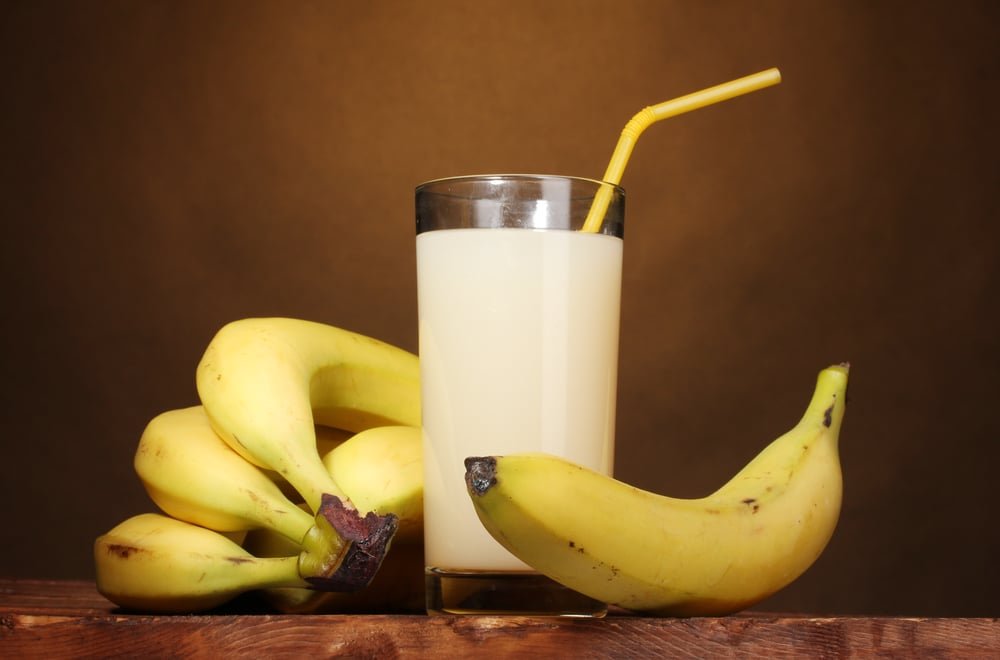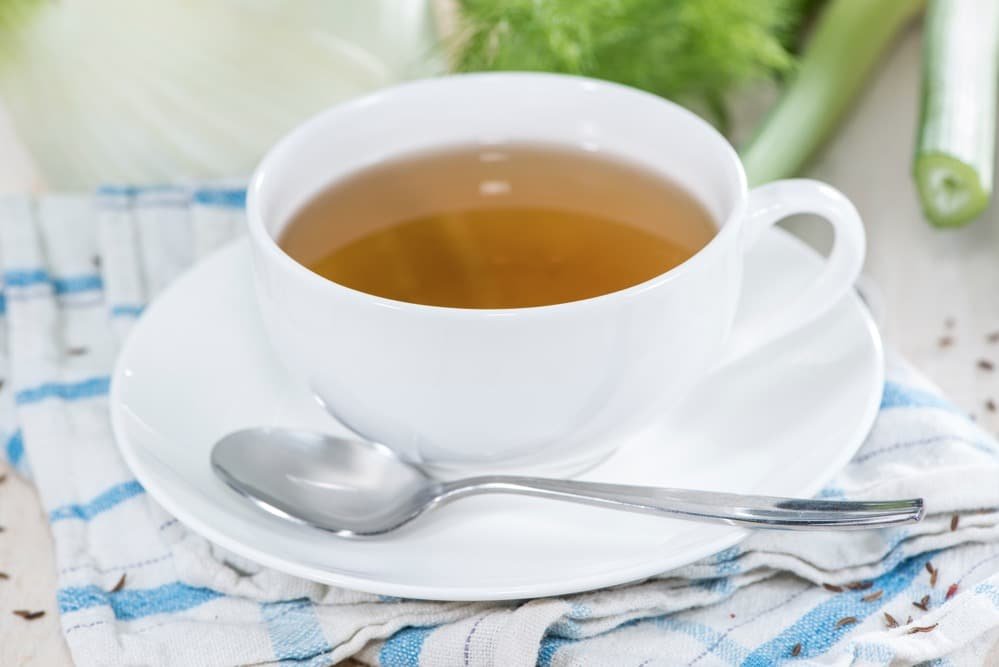Beetroot Juice health benefits includes improving energy level, boosting blood flow, lowering blood pressure, boosting vitamin and mineral levels, boosting phytonutrients levels, boosting liver function, enhancing the skin and may help treat cancer. Other benefits includes promoting digestive health, relieving symptoms associated with environmental stress, can be used to improve athletic performance, can be used to improve blood sugar and can improve sexual performance.
What is Beetroot Juice?
Recognized for decades as a liver-protective food, beets might not be the latest on the superfood block, nonetheless mounting research is showing why you must take another good look at this root vegetable in juiced form. Beetroot juice are one of the healthiest foods you can juice, hands down. If you have not ever tried beet juice, now is the time to start. Beet were regarded by numerous ancient philosophies not as food but as medicine, a testament to their strength.
At first, beets were appreciated specifically for their greeneries, which are laden with nutritious and healing value. Though, today it is well recognized that beetroots themselves have much to offer.
From the Middle Ages, beetroot was used as a treatment for a diversity of circumstances, particularly diseases relating to digestion and the blood. Though scientific interest in beetroot has only gained impetus in the past few periods, it’s been used as a means of natural medicine for thousands of years.
The beetroot taste is described as sugary, plain and tender to eat. Grown in the ground, it’s related to turnips, swedes and sugar beet.
13 Amazing Health Benefits of Beetroot Juice
1. Beetroot Juice Improves Energy
Many of my clients have stated that juicing beets will give them additional energy for their day. Research is showing that this might be owing to the ability of mechanisms in the juice to recover blood flow.
2. Beetroot Juice Can Boost Blood Flow
Beetroot juice is one of the richest dietary sources of antioxidants and naturally occurring nitrates. Nitrates are compounds which recover blood flow through the body – including the brain, heart, and muscles.
3. Can Lower Blood Pressure
Beetroot juice might also be an important ally to lower blood pressure. Whether the yellow or red kind of beets, the juice delivers outstanding blood pressure-lowering ability. In many cases, eating the whole food is the finest way to get all the nutrients, fiber and healthy effects. But, in this case for blood pressure dropping, you are better off drinking the juiced beet root to get the all-out advantage.
When you cook the beet, or ferment a beet, the quantity of healthy nutrients for blood pressure benefits will decrease. By juicing, you are going to get 100% of the phytonutrients that help your blood pressure decrease. Please note it is important to not change any prescription blood pressure medicine without speaking to your prescribing doctor. Please let your doctor know you are using natural means to lower your blood pressure, which might result in requiring less medicine.
4. Boosts Vitamin and Mineral Levels
In the same family as spinach and chard, beets contain vitamins, minerals, antioxidants and fiber. They are also high in vitamin C and Vitamin B6, folate, manganese, betaine and potassium.
5. Boosts Phytonutrient Levels
Beets are rich in a unique source of phytonutrients called betalains. Both betanin and vulgaxanthin, two highly researched betalains found in beets, have powerful antioxidant, anti-inflammatory and cleansing properties.
6. Beetroot Juice Boosts Liver Function
Beet juice is a super effective detox beverage that can help your liver dump harmful toxins and stimulate liver cells. This is owing to methionine and glycine betaine that help to save fatty acids from building up.
7. Beetroot Juice Can Save Your Skin
Though there are numerous products on the market that promise to defend your skin from the damage that free radicals cause, beetroot juice does an astonishing job protecting from the inside out. The antioxidants in beets defend the skin by neutralizing free radicals. The lycopene in the juice helps to keep the skin flexible while protecting it from the sun.
8. Beetroot Juice May Help Treat Cancer
In the 1950’s, a Hungarian doctor called Alexander Ferenczi used raw beetroot juice to help remedy cancer. The patients that he worked with had previously gone through chemotherapy and radiation and were in the final stages of the disease. This treatment was so strong that the nutrients from the beets overloaded patients’ livers. Later research using raw beets found optimistic results, like Ferenczi’s. In another more recent clinical trial, 22 patients with advanced inoperable cancers were given 10 oz. of beet juice for 3-4 months and presented dramatic improvements.
9. Beetroot Juice Promotes Digestive Health
Drinking beet juice helps to stimulate your intestines and breakdown food. Drink ½ cup of beet juice previous to mealtimes or anytime you have an upset stomach.
10. Relieves Symptoms Associated with Environmental Stress
The betaine in beets is a powerful nutrient that defends cells, proteins and enzymes from environmental stress. It also decreases inflammation, defends internal organs, and decreases vascular risk factors.
11. Can Be Used to Improve Athletic Performance
If you find yourself dragging through your workouts, you might want to give beet juice a try. In one study, people who drank beet juice just previous to working out could push their workouts 16% longer.
12. Can Be Used to Improve Blood Sugar
Good news for people who struggle with blood sugar issues, beet juice can lower the amount of glucose in the blood. This advantage is owing to the soluble fibers found in beets.
13. Can Be Used to Improve Sexual Performance
At one time in history beets were used as a primitive Viagra. Ancient Romans regarded beets as medicine and drank juice and ate entire beets when they wanted to boost their libido. Research has indicated that beets are a rich source of a mineral named boron that is directly related to the manufacture of sex hormones. In addition, the nitric oxide that is produced in the body when you eat beets increases blood flow and gives your sex drive a kick start.
The dark carotenes of beet juice might give your urine and bowel movements a red color. This color alteration is harmless. Since beets are high in oxalates, people who tend to make oxalate kidney stones might want to avoid beet juice.
If improperly stored, nitrate-containing vegetable juice might accrue microorganisms that change nitrate to nitrite and contaminate the juice. Elevated levels of nitrite can be potentially harmful if consumed. A high-nitrate diet might interact with certain medications such as organic nitrate or nitrite drugs used for angina, sildenafil citrate, tadalafil, and vardenafil.
Bottomline
In conclusion, beets are healthy no matter how you prepare them. But juicing beets is a superior way to enjoy them since cooking beets decreases their nutritional profile. If you don’t like beetroot juice straight up, try adding some apple slices, mint, citrus, or a carrot to cut through the plain taste.
If you choose to add beetroot juice to your diet, take it easy at first. Start by juicing half a small beetroot and see how your body responds. As your body regulates, you can drink more.

